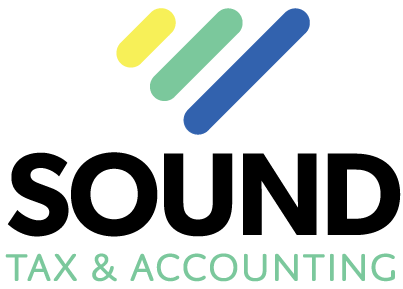Important Information for PPP Loan Borrowers
On November 18 the IRS issued key guidance on the deductibility of expenses used for PPP loan forgiveness. According to Revenue Ruling 2020-27, any eligible expenses that a loan recipient plans to use on a forgiveness application may not be deducted on the 2020 income tax return, even if the business will not be applying for forgiveness until 2021.
This could have a big impact on your tax liability. For example, if your business incurred payroll costs of $100,000 in 2020, but $50,000 of those costs are being used to apply for PPP loan forgiveness, you cannot deduct that $50,000 on your tax return. This means that your taxable income will be $50,000 higher than you were otherwise anticipating (and higher than your P&L shows).
It is still unclear how this will apply to self-employed individuals or partners in a partnership. However, if you are self-employed, you should plan on including the full amount of your PPP loan in your taxable income, subject to both federal income tax and self-employment tax.
In short, you cannot rely on your Profit & Loss statement to give you a good idea of your taxable income. If you want to avoid surprises and get a more accurate idea of the tax you will owe, you should call for a tax planning appointment as soon as possible.
Some members of the Senate Finance Committee are not happy about this. In a statement issued November 19, Senators Chuck Grassley (R- Iowa) and Ron Wyden (D-Oregon) said that "our intent was for small businesses receiving PPP loans to receive the benefit of their deductions for ordinary and necessary business expenses.” However, it will require legislative action to change the law. It is possible the legislature will enact retroactive legislation to correct this, but for now, we believe it is best to plan for the worst and hope for the best. We encourage you to contact your US legislators and urge them to enact legislation that will allow the deduction of PPP expenses.
